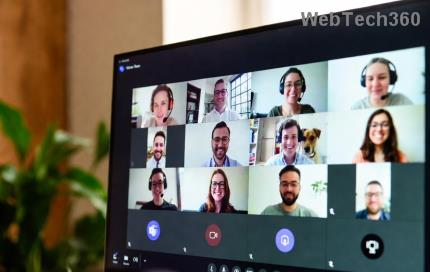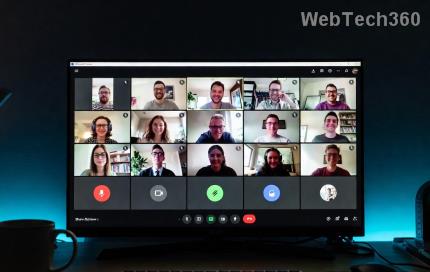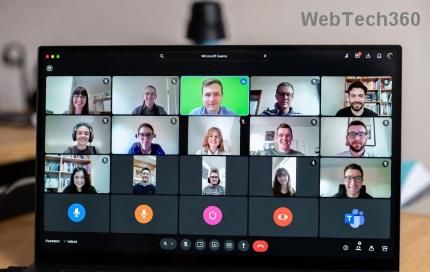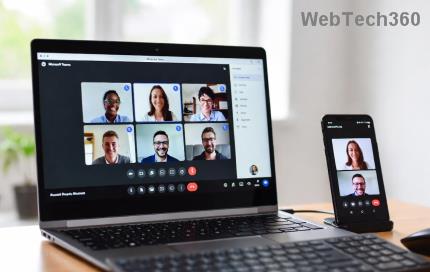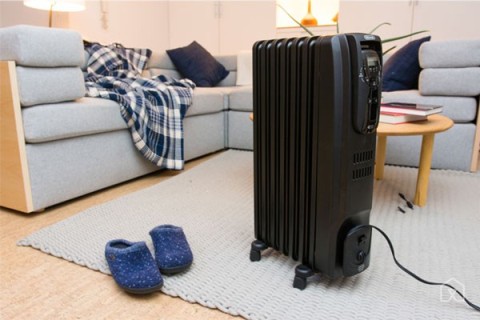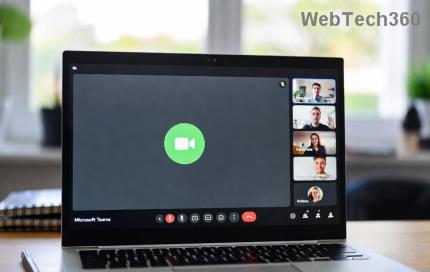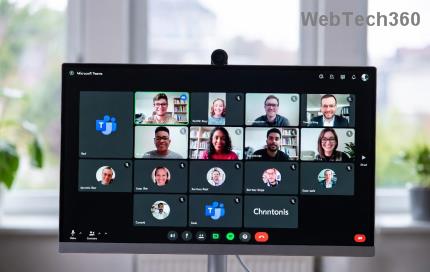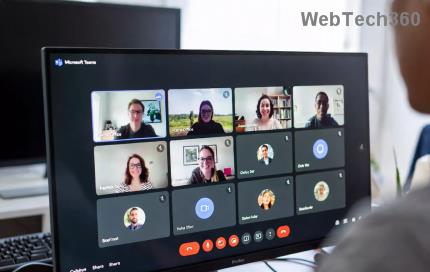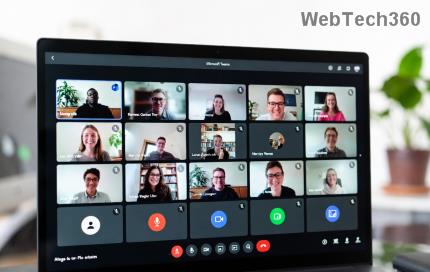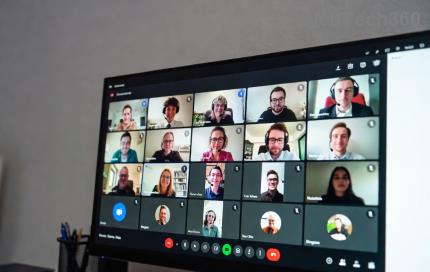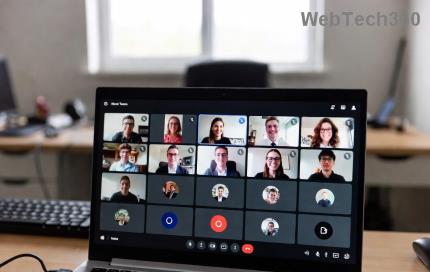A new sodium-ion battery developed by researchers at the Korea Advanced Institute of Science and Technology (KAIST) can be fully charged in just a few seconds, opening up new hope for a breakthrough in battery charging technology.
Sodium-ion is a battery technology that has attracted the attention of researchers because sodium is nearly 1,000 times more abundant than lithium in current rechargeable batteries. Therefore, if the research is successful, sodium-ion batteries could become an alternative energy storage option to lithium-ion batteries.
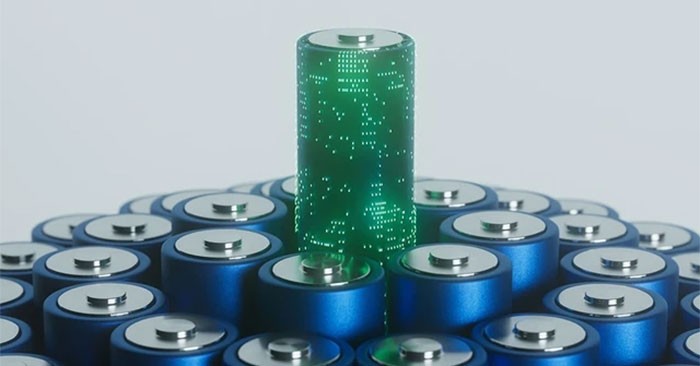
Current sodium-ion batteries are divided into two types:
- Sodium-ion battery (SIB): Has a slow redox reaction rate and relatively high energy storage but slow charging rate.
- Sodium-ion capacitor (SIC): Capable of fast charging but low energy storage.
Using only SIB or SIC will not be able to achieve both the benefits of large energy storage capacity and fast charging.
Experts believe that combining the advantages of SIB and SIC together can create a sodium-ion hybrid rechargeable battery (SIHES), which can simultaneously achieve high energy storage and fast charging. However, the problem is how to choose the right materials.
A research team led by Professor Jeung Ku Kang of KAIST has developed new anode and cathode materials that can be charged quickly while maintaining high energy density. The new materials have the advantage of stabilizing the charge/discharge cycle while increasing the reaction rate, allowing batteries to be fully charged in just a few seconds.
The newly developed SIHES achieved energy densities of 247 Wh/kg and 34,748 W/kg, which are higher than the energy densities of lithium-ion batteries currently on the market.
According to Professor Kang, SIHES is “a breakthrough that overcomes the limitations of current charging systems”. The new battery can be applied in many fields from electric vehicles to smart electronics and aerospace technology.
